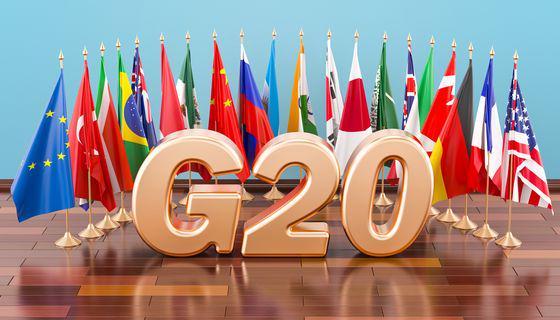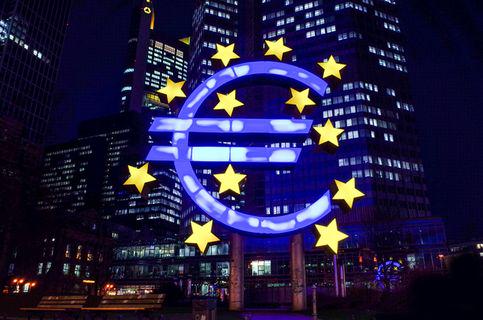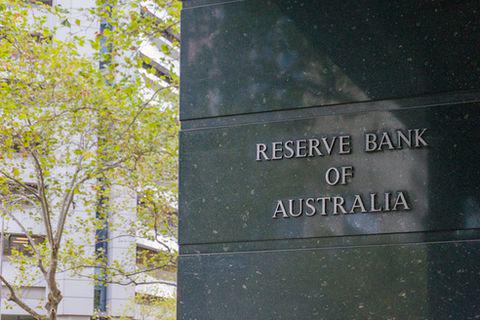
The G20 summit took place in Bali, Indonesia, on November 2022…

Don’t waste your time – keep track of how NFP affects the US dollar!
Data Collection Notice
We maintain a record of your data to run this website. By clicking the button, you agree to our Privacy Policy.

Beginner Forex Book
Your ultimate guide through the world of trading.
Check Your Inbox!
In our email, you will find the Forex 101 book. Just tap the button to get it!
Risk warning: ᏟᖴᎠs are complex instruments and come with a high risk of losing money rapidly due to leverage.
68.53% of retail investor accounts lose money when trading ᏟᖴᎠs with this provider.
You should consider whether you understand how ᏟᖴᎠs work and whether you can afford to take the high risk of losing your money.
Information is not investment advice
While some predict the global crisis, recession, and even global depression, others are not afraid to forecast the stabilization of the global economy.
Just recently, Wells Fargo published its 2020-projections depicting risks of the global crisis. Among them, we can find an inverted yield curve, geopolitical uncertainties, and monetary policy of the Federal Reserve. The trade war, Brexit, Middle East, and North Korea tensions are among the biggest external threats for the global economy. A possibility of the ineffective Fed’s monetary policy scares no only American markets but the global ones. America is the world financial center that is a barometer of global economic health. The yield-curve inversion is another doubtless factor that warns about the possible recession. The factors seem convincing, don’t they?
Any chance for stabilization?
However, not all analysts see the future in dark colors. Goldman Sachs has a contrary point of view. According to the investment bank, global economic perspectives may be not that bad.
Bank’s analysts predict the rise of the cyclically sensitive assets in both US and emerging markets. The pickup will be caused by the ease of trade disputes. Being one of the high-risk factors of the recession, the trade war is forecast to limit its impact on the markets. Despite mixed comments by the parties, the bank believes in the close calming of the war as the trade conflict has already peaked. The state of the Chinese economy is one of the leading factors in determining the global economic environment. The Goldman Sachs declares it to improve in 2020. The upward economic move is supposed to be caused by the improvement in the trade dispute, a recovery of the manufacturing activity, and the supporting domestic policy.
At the same time, we may see a small decline in the bond market and the US dollar due to the development in global growth but the great fall isn’t anticipated.
Nevertheless, the bank doesn’t exclude many risks and valuations.
What is more likely?
It seems like arguments of Wells Fargo are more persuasive than Goldman Sachs’ ones. The main argument for the stabilization is the easing of the trade dispute that is questionable with a mix of comments from both sides. Although it’s early to talk about the global crisis, it is worth considering the possibility of the recession. If the trade conflict is not resolved, Brexit is not done, and the emerging markets continue suffering, we can anticipate a continuation of the decline in global economic growth.

The G20 summit took place in Bali, Indonesia, on November 2022…

The deafening news shocked the whole world yesterday: the British Queen Elizabeth II died peacefully at the age of 96…

After months of pressure from the White House, Saudi Arabia relented and agreed with other OPEC+ members to increase production.

eurusd-is-falling-what-to-expect-from-the-future-price-movement

Greetings, fellow forex traders! Exciting news for those with an eye on the Australian market - the upcoming interest rate decision could be good news for Aussies looking to refinance or take out new loans. The Mortgage and Finance Association Australia CEO, Anja Pannek, has...

Hold onto your hats, folks! The Japanese yen took a nosedive after the Bank of Japan (BOJ) left its ultra-loose policy settings unchanged, including its closely watched yield curve control (YCC) policy. But wait, there's more! The BOJ also removed its forward guidance, which had previously pledged to keep interest rates at current or lower levels. So, what's the scoop? Market expectations had been subdued going into the meeting, but some were still hoping for tweaks to the forward guidance to prepare for an eventual exit from the bank's massive stimulus
Your request is accepted.
We will call you at the time interval that you chose
Next callback request for this phone number will be available in 00:30:00
If you have an urgent issue please contact us via
Live chat
Internal error. Please try again later